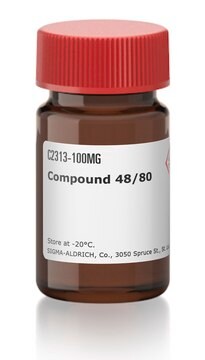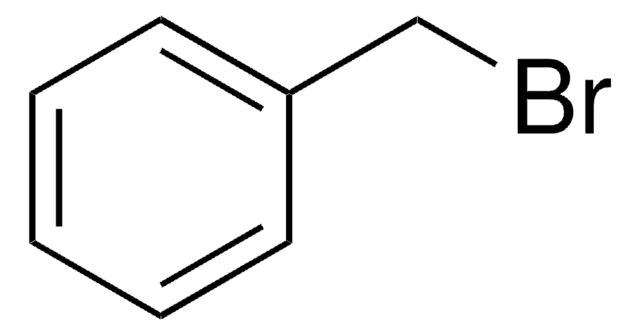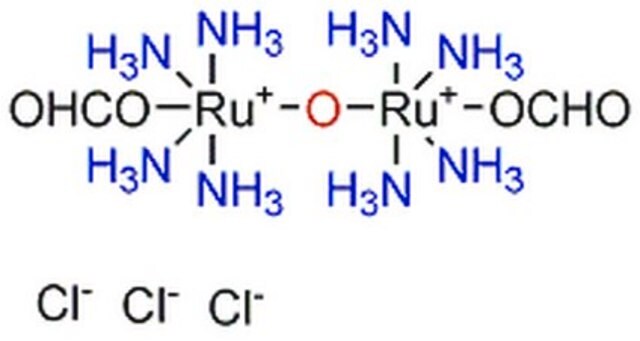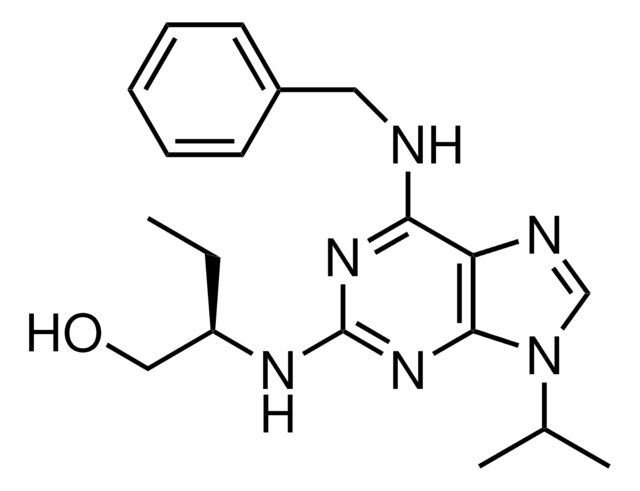C5808
Cortistatin-14
≥97% (HPLC)
Synonym(s):
CST-14, Pro-Cys-Lys-Asn-Phe-Phe-Trp-Lys-Thr-Phe-Ser-Ser-Cys-Lys [Disulfide bridge: 2–13]
About This Item
Recommended Products
Quality Level
Assay
≥97% (HPLC)
form
powder
mol wt
~_1.7 kDa
packaging
vial of 0.5 mg
solubility
1% acetic acid: 1 mg/mL, clear, colorless
storage temp.
−20°C
SMILES string
C[C@@H](O)[C@@H]1NC(=O)[C@H](CCCCN)NC(=O)[C@H](Cc2c[nH]c3ccccc23)NC(=O)[C@H](Cc4ccccc4)NC(=O)[C@H](Cc5ccccc5)NC(=O)[C@H](CC(N)=O)NC(=O)[C@H](CCCCN)NC(=O)[C@H](CSSC[C@H](NC(=O)[C@H](CO)NC(=O)[C@H](CO)NC(=O)[C@H](Cc6ccccc6)NC1=O)C(=O)N[C@@H](CCCCN)C(O)=O)NC(=O)[C@@H]7CCCN7
InChI
1S/C81H113N19O19S2/c1-46(103)67-80(117)95-59(38-49-24-9-4-10-25-49)73(110)96-62(42-101)76(113)97-63(43-102)77(114)99-65(79(116)90-56(81(118)119)30-15-18-34-84)45-121-120-44-64(98-68(105)53-31-19-35-86-53)78(115)89-54(28-13-16-32-82)69(106)94-61(40-66(85)104)75(112)92-57(36-47-20-5-2-6-21-47)71(108)91-58(37-48-22-7-3-8-23-48)72(109)93-60(39-50-41-87-52-27-12-11-26-51(50)52)74(111)88-55(70(107)100-67)29-14-17-33-83/h2-12,20-27,41,46,53-65,67,86-87,101-103H,13-19,28-40,42-45,82-84H2,1H3,(H2,85,104)(H,88,111)(H,89,115)(H,90,116)(H,91,108)(H,92,112)(H,93,109)(H,94,106)(H,95,117)(H,96,110)(H,97,113)(H,98,105)(H,99,114)(H,100,107)(H,118,119)/t46-,53+,54+,55+,56+,57+,58+,59+,60+,61+,62+,63+,64+,65+,67+/m1/s1
InChI key
DDRPLNQJNRBRNY-WYYADCIBSA-N
General description
Application
Biochem/physiol Actions
Storage Class Code
11 - Combustible Solids
WGK
WGK 3
Flash Point(F)
Not applicable
Flash Point(C)
Not applicable
Personal Protective Equipment
Choose from one of the most recent versions:
Already Own This Product?
Find documentation for the products that you have recently purchased in the Document Library.
Our team of scientists has experience in all areas of research including Life Science, Material Science, Chemical Synthesis, Chromatography, Analytical and many others.
Contact Technical Service








